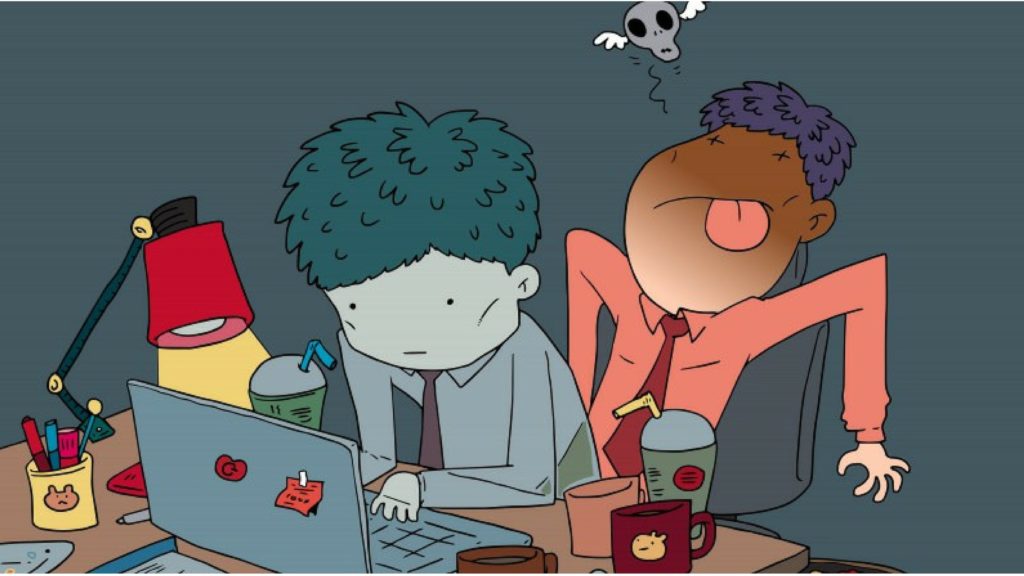Making the horse thirsty…

Having been in the business sector in senior management for nearly two decades. I found myself in my first leadership role nearly a decade ago. I hadn’t planned on joining the “ranks” again but I felt I had no choice. I wrote this at the time and thought I’d lost it until I scoured my emails recently… sitting on a chair in the middle of France sipping coffee, just as the lockdown is easing.
Making the horse thirsty…
“You can lead a horse to water but you can’t make it drink…”
Well we’ve all felt like that from time to time especially during the build-up to the exam season! So, what’s this got to do with education? So many of us are forced to “react” and “fire fight” from year to year and each year we continue to battle with our year 11 students in the hope that each student achieves their best. To a certain extent this will always happen, because it matters. However, there’s got to be a better way to deal with this.
In my view, yes short-term objectives are important, however a more long-term approach that produces a more stable, secure and resilient structure for sustained progress is my preference.
Yes, finally, I’ve mentioned the “P” word. Progress is, and to be honest amongst the profession, has always been the aspect that has been the driving force that has kept good teachers returning day after day to their classrooms. The artificial benchmark of success, the “C” word has lightened the faces of as many as it has darkened. So how do you maintain progress?
Well part of the solution is not for you to do more of the work than the student. Seems harsh? It will only feel like work if the student is “not thirsty”.
I’ve summarised my thoughts into three points.
How to make your horse thirsty (and more importantly, keep it thirsty).
One: A happy team. When I say a happy team, I mean all the teams. A school is a community and it needs to be cohesive and positive in its approach. The leadership team must realise they are very responsible for the wellbeing and happiness of not just the students but also their staff. And I mean all their staff. No mean task but essential for a resilient and sustainable structure. The departments must also take their share of responsibility in maintaining this state. The departments are on the coalface and have a direct impact on the “mood” of the learning that occurs. A student enveloped in a positive, professional, personal, supportive and most importantly happy environment is far more likely to want to engage in the process. I could reference many studies into how happiness impacts a desire to engage and succeed, the question you need to ask yourself is “have you ever performed to your best when you are not happy or feeling positive?”
Two: Relationships. Empathy is not necessarily a luxury. Many of our underperforming students need understanding, nurturing, coaching but most important a “connection” with their surroundings. Like it or not, as an educator, that includes you. A good, positive, sympathetic but professional relationship goes a long way. Be as inquisitive as you wish your student to be. Find out what makes them tick and use it positively. Do not be scared to say or show you care.
Three Consistency. How many of us have muttered the words “less than ninety-something percent attendance has a negative impact on progress”? Well how many of us have looked at our own attendance? I know we shouldn’t compare but we should, and our standards must be higher. Have you considered the impact on that student who has started to build a relationship with you and starts seeing (in their mind) the same lack of ideals as they themselves may possess? It sounds harsh but our consistent presence has a positive impact. There are the obvious aspects which we have all been exposed to; our language, feedback, discipline and the like. Nothing sends out a clearer message that you will be there than actually being there.
I know I haven’t put too much (if any) meat on the bones but I’m hoping I may just have reminded you that where there is a “short term” approach, there must also be a long term one too. Keep the horse thirsty and you won’t have to ask it to drink.
So what’s the context now??…
Over the past few years, it’s become increasingly evident that a lack of focus on the educators’ thirst has produced a narrowing of priorities. I akin it to an aircraft safety protocol where they ask you to put your own mask on before you help others. More specifically within our schools, if our educators are not fit and able, how can they best educate our students.
The question that comes to mind is “Should our school leaders also make their teams thirsty?”
There has been this long held belief that teachers are self-driven, self-motivated, self-repairing beings. Even if that was true, where’s the need for leaders? Leaders can often fall into the trap of thinking this narrative is true and often get frustrated when their carefully planned strategy goes awry. The blame invariably falls on the shoulders of staff for not seeing the vision and acting it out.
You don’t have to go far to see the difference an effective leader can make to a highly motivated team and you are probably within shouting distance of those leaders that sap the motivation out of a fantastic team.
My recent work has focused heavily on creating inclusive landscapes for staff. There are various excellent organisations that help support this effort from a bottom up approach.
My personal journey has led me to focus on a top down approach. Our leaders are the ones that give direction and build cultures. Sustainable positive climates are a result, in most cases, when there is a recognition of the fact that change is not only necessary but must be actioned.
A final thought to leave you to ponder…
These conversations, discussions and well-intentioned plans for action have been occurring for decades.
What will you do next to keep those around you thirsty?
Where will you be at the end of this next decade?
This is not about hopes it’s about sustainable inclusive cultures, where everybody has the opportunity to be the best version of themselves.







Responses